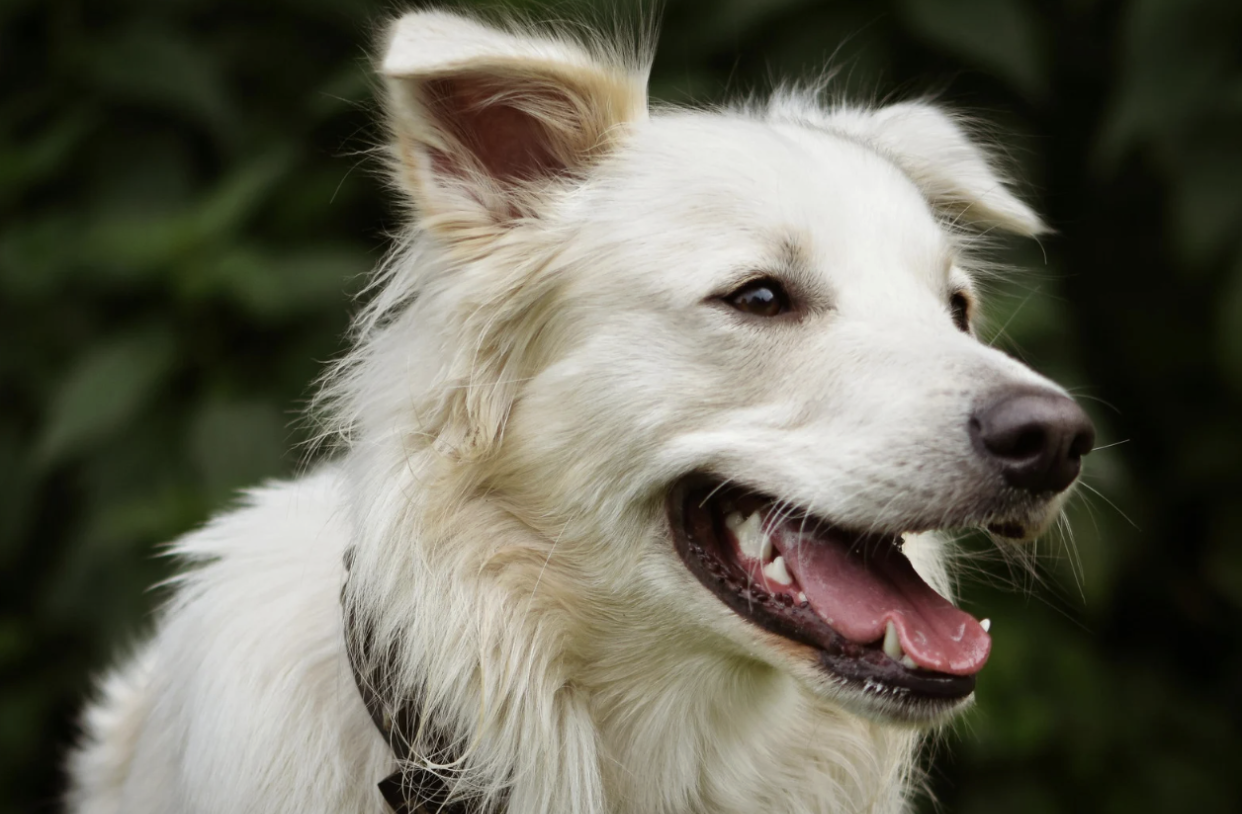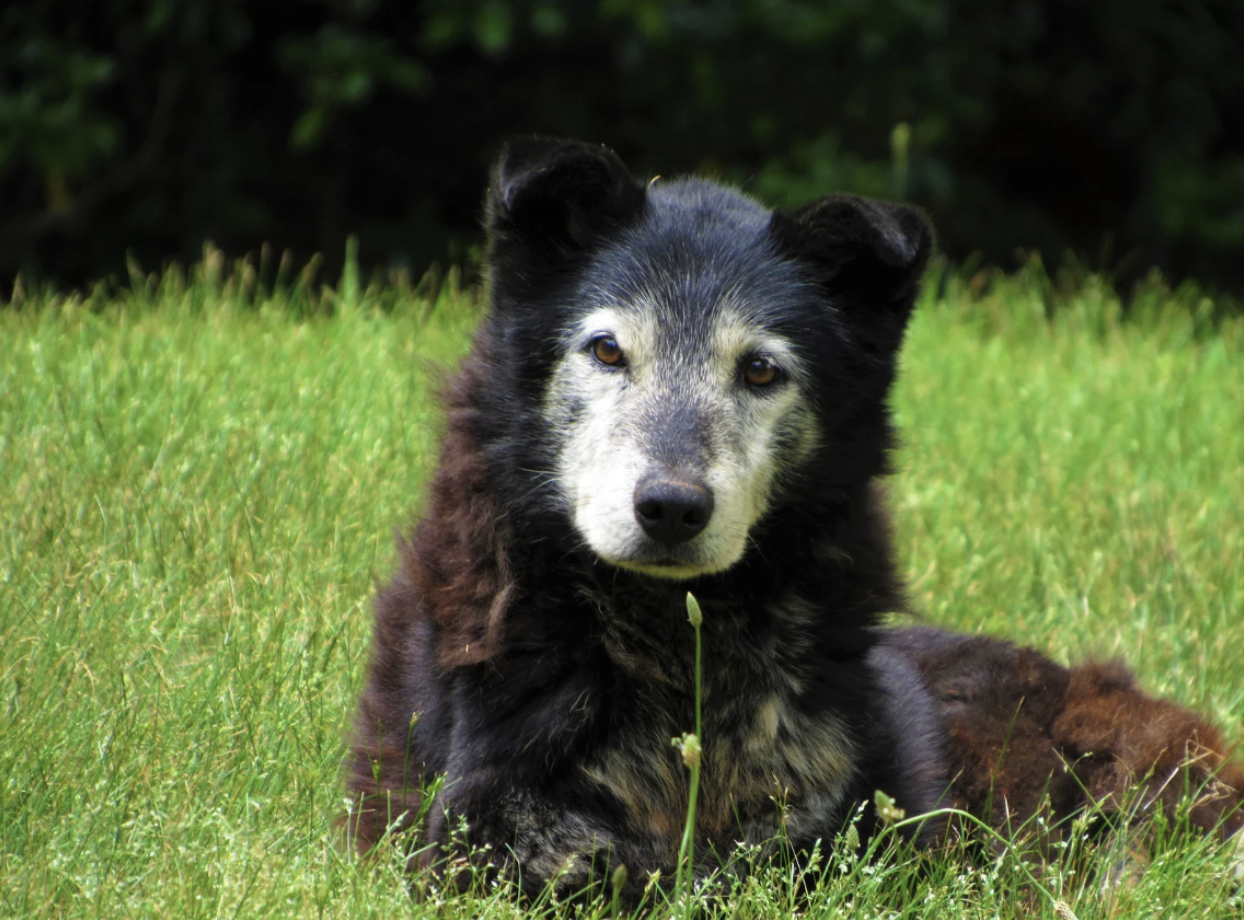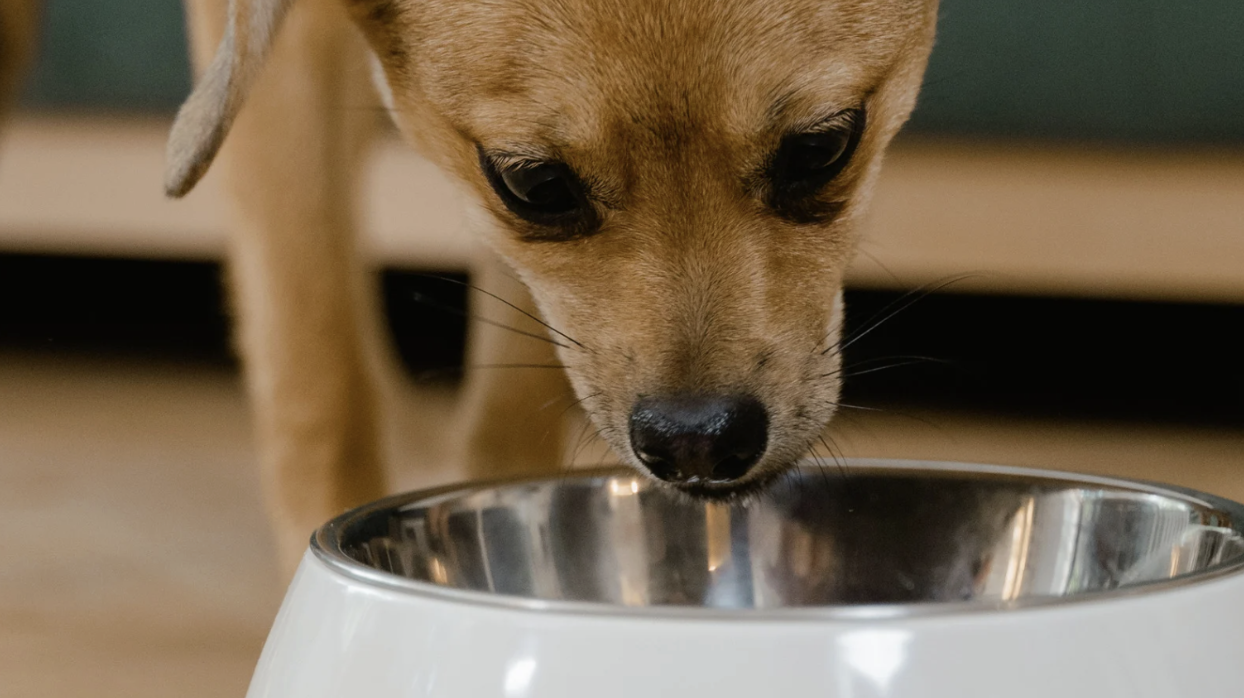


Looking for safe and healthy food options for dogs recovering from pancreatitis? This veterinarian-approved guide covers everything you need to know, including recommended low-fat, pancreas-friendly ingredients, a sample home-cooked recipe, feeding ratios, and tips to prevent relapse. Whether you're feeding commercial food or preparing homemade meals in Hong Kong, this article breaks down safe choices and common pitfalls. Learn how Petsona’s nutritionist-formulated, dehydrated fresh meals support digestion and reduce inflammation, helping your dog thrive.
Pancreatitis is a serious condition that affects a dog’s digestive health, often triggered by fatty table scraps, rich treats, or underlying metabolic imbalances. Managing your dog’s food intake is the most crucial step for both recovery and long-term prevention. With the right ingredients, meal ratios, and feeding schedule, your dog can regain vitality and reduce the risk of future flare-ups.
Petsona is proud to be Hong Kong's first brand to incorporate advanced dehydration technology into daily dog meals. Our personalized recipes retain up to 90% of their nutrients, transforming fresh, whole foods into a convenient, shelf-stable format. Formulated to align with both US AAFCO and EU FEDIAF nutritional guidelines, Petsona meals are crafted for digestibility, palatability, and health.
Pancreatitis inflames the pancreas, impairing its ability to produce enzymes like lipase that break down dietary fats. This leads to vomiting, lethargy, and abdominal pain. A low-fat, nutrient-dense diet allows the pancreas to rest and heal. The right food choices reduce inflammation, ease digestion, and restore appetite. This is especially important in humid climates like Hong Kong, where heat can further affect a dog's hydration and gut function.

Focus on foods that are low in fat, gentle on the gut, and rich in lean protein and antioxidants. Soluble fiber may be included in moderation depending on the severity and phase of recovery, but high levels of soluble and insoluble fiber should be avoided.
Lean Proteins (Cooked & Skinless): Chicken breast, turkey, white fish (cod, tilapia), lean beef (such as eye fillet, round steak, or 95% lean ground beef), kangaroo.
Carbohydrates (Cooked & Soft): Pumpkin, Japanese yam, small amounts of sweet potato (if tolerated), and cooked oats. These provide gentle soluble fiber to support digestion without overstimulating the gut.
Vegetables (Cooked & Gentle): Spinach, napa cabbage, green beans, zucchini, peeled and cooked carrot. Soluble fiber from these vegetables may support stool quality and microbiome health in mild cases, but excessive fiber—especially insoluble types—should be avoided during recovery.Cruciferous vegetables like broccoli should be avoided during flare-ups due to potential gas production.
Fruits (Small Quantities): Blueberries, banana, peeled apple – for antioxidants and hydration support.

While home-cooked meals may seem like a comforting option, they often lack the precise nutrient balance required for dogs recovering from pancreatitis. Home prepared diets often have suboptimal macronutrient profiles, inappropriate calcium-to-phosphorus ratios and are often deficient in essential vitamins and trace minerals, all factors that may slow recovery or even worsen flare-ups. For this reason, we do not recommend home-prepared recipes unless formulated and closely monitored by a veterinary nutritionist.
Instead, opt for low-fat commercial diets specifically designed for gastrointestinal recovery, or consider personalized options like Petsona's dehydrated meals, which are scientifically balanced, vet-formulated, and tailored to your dog’s needs.

Once stabilized, dogs may transition to a more balanced 50:50 meat-to-veggie ratio, but fat content should still remain tightly controlled.
Pancreatitis is a manageable condition when met with the right diet. By focusing on low-fat, anti-inflammatory ingredients, and feeding in small, frequent portions, your dog can recover smoothly and avoid future flare-ups. Pet parents in Hong Kong can trust Petsona for customized dehydrated dog meals that meet individual dietary needs without compromising taste. Every recipe is backed by science and tailored to your dog’s breed, age, and health condition. With the right care, your dog will live a longer, healthier, and happier life,because they deserve nothing less.

1. Can I feed my dog commercial dog food during pancreatitis recovery?
Only if it is specifically formulated to be low in fat (generally under 10% on a dry matter basis) and is clinically indicated for gastrointestinal health. Most standard commercial dog foods, even premium ones, contain too much fat. Consult your veterinarian before choosing a product.
2. How long should a dog stay on a pancreatitis-friendly diet?
For dogs recovering from acute pancreatitis, a low-fat diet should be followed for a minimum of 4–8 weeks. Dogs with chronic or recurrent pancreatitis may require a lifelong low-fat regimen. Ongoing veterinary monitoring is critical.
3. Should I add supplements like digestive enzymes or probiotics?
In dogs with chronic pancreatitis or signs of pancreatic enzyme insufficiency, digestive enzyme supplements may be prescribed. Probiotics may support gut health but should only be used if backed by veterinary evidence. Never add supplements without consulting your veterinarian.
4. How can I monitor if my dog is recovering well?
Recovery indicators include a return of appetite, normal energy levels, regular bowel movements, and stable body weight. Persistent vomiting, lethargy, or abdominal discomfort warrant immediate veterinary re-evaluation. With care, nutrition, and professional guidance, your dog can live a long and happy life after pancreatitis.


